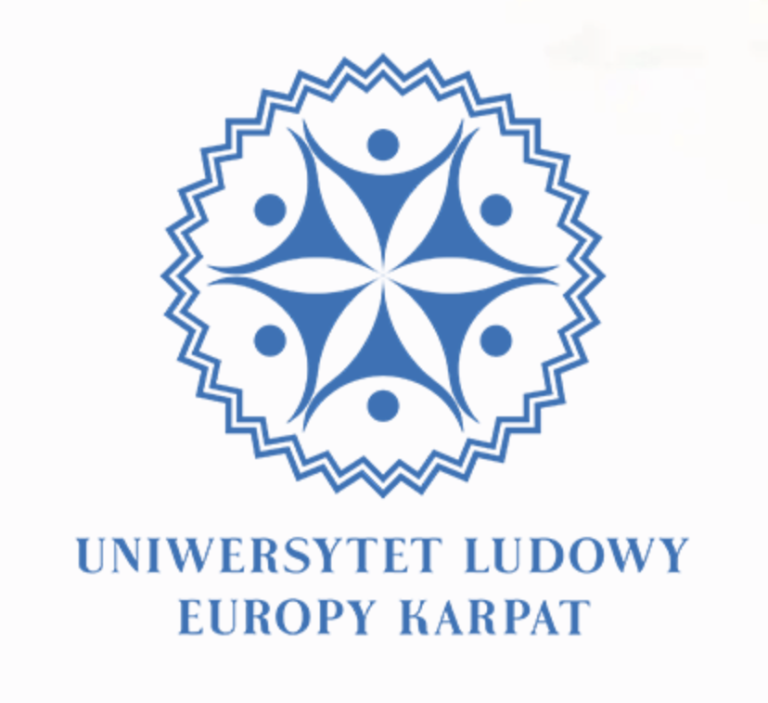Carpathian Memorandum, 8 September 2011.
The Carpathian Mountains are a very important part of the European regional richness. This area full of social, cultural and natural resources, is at the same time one of the poorest and least noticed regions, requiring coordinated support within European policy.
The Carpathians have multiple important assets.
Firstly, they connect areas of high strategic value; from the core of Central Europe: Poland, Czechia, Slovakia, Hungary, through Ukraine, to the Balkans, Romania and Serbia. Secondly, they are a unique resource of a natural environment, being a „green spine” of Central and Eastern Europe. Thirdly, the Carpathians are important in terms of cultural and social heritage, currently inhabited by 20 million residents.
The Carpathians is also a problematic area. Among its fundamental weaknesses, there are infrastructural deficiencies, concerning transport and environmental safety, a lack of proper care for sustainable development and social issues, which include areas of high level of unemployment. Unless we undertake coordinated development actions, the economic and social issues of the Carpathian region will only continue to build up. Therefore, we believe that the efforts of countries, the European Union and individual regional authorities should be combined to develop a common strategy for the Carpathians, which would use the strengths of this area to overcome its weaknesses.
The strategy, as in the case of the Baltic Sea Strategy and Danube Strategy, should first and foremost be based on synergies between existing initiatives and actions undertaken in the region, and thusprovide added value without creating new structures, regulations or institutions.
Our goal is to, in a coordinated way, seek to ensure the funding of the actions for the benefit of the Carpathians in such a manner that the incomes, especially those acquired from the common budget, were not squandered, but strategically directed into common Carpathian projects. The system focused on funding the common actions contributing to the development of the Carpathian region could base on patterns acquired from both present union macro-regional strategies and initiatives such as the European program „Alpine Space”.
The already existing amount of positive practices and initiatives in the carpathian region ensures us that, with a properly devised strategy, in a relatively short period we will be able to achieve the desired, concrete results of a new initiative, whether regarding the academic („Carpathian University”), environmental and infrastructural cooperation, or interregional project „Carpathian Horizon”.
Such cooperation would in particular serve to strengthen the connections between the Member States of the European Union and Ukraine, hence contributing to their faster integration into European structures. The first step that could symbolically and also practically attest to the European policy’s commitment to the Carpathian regions, would be the European Union’s accession, as a side, to the Carpathian Convention, whose signers are currently several single countries. The European Union, having obtained such a capability under the Lisbon Treaty, should use it in this type of initiatives.
Our common goal is to create a new European macro-regional development strategy as part of the future financial frameworks for the years 2014-2020. It is possible with the support of the main stakeholders in European politics, both at the level of the countries of the successive presidencies as well as the Commission and the European Parliament.
We appeal for such commitment. The Carpathians are worth a European strategy.


